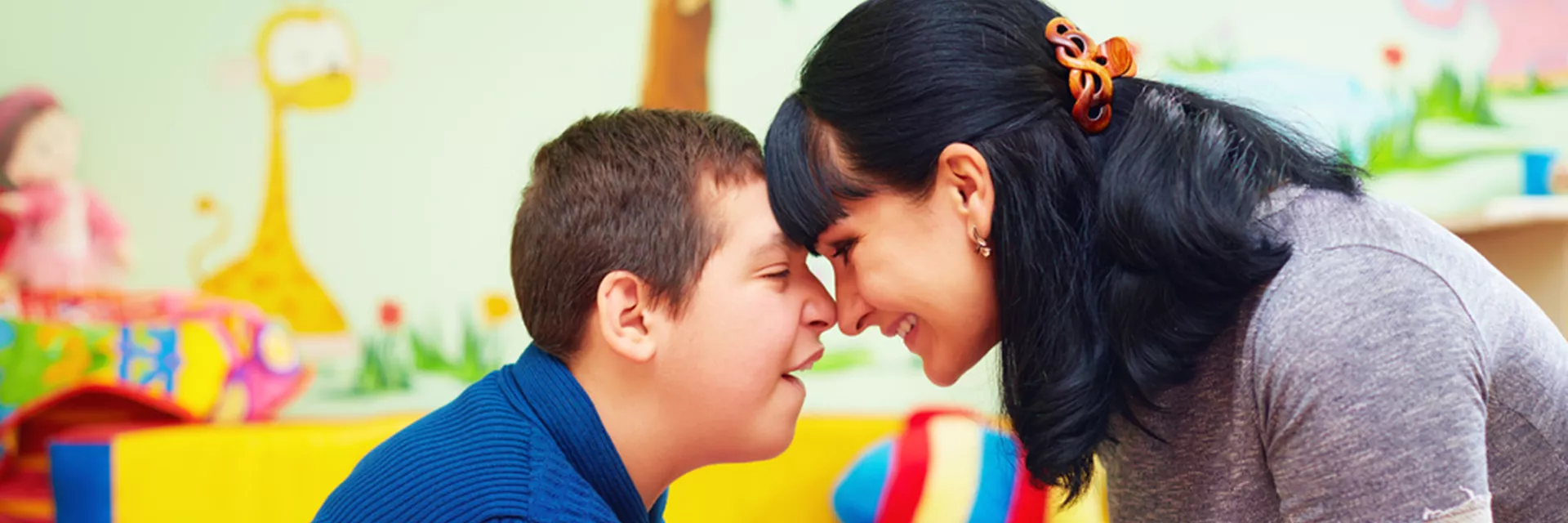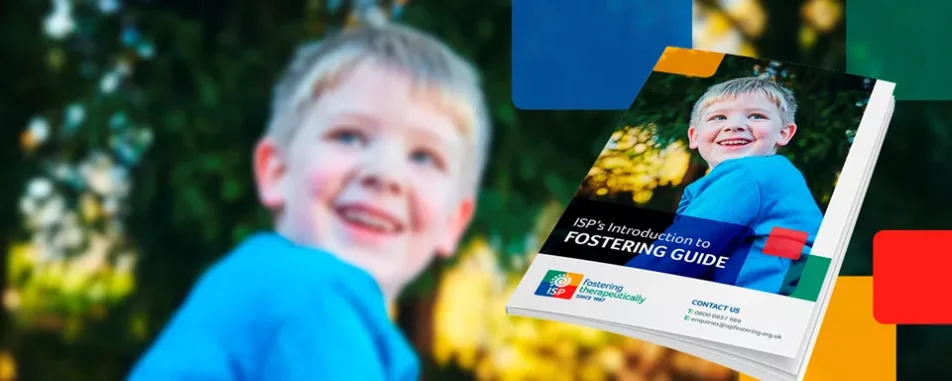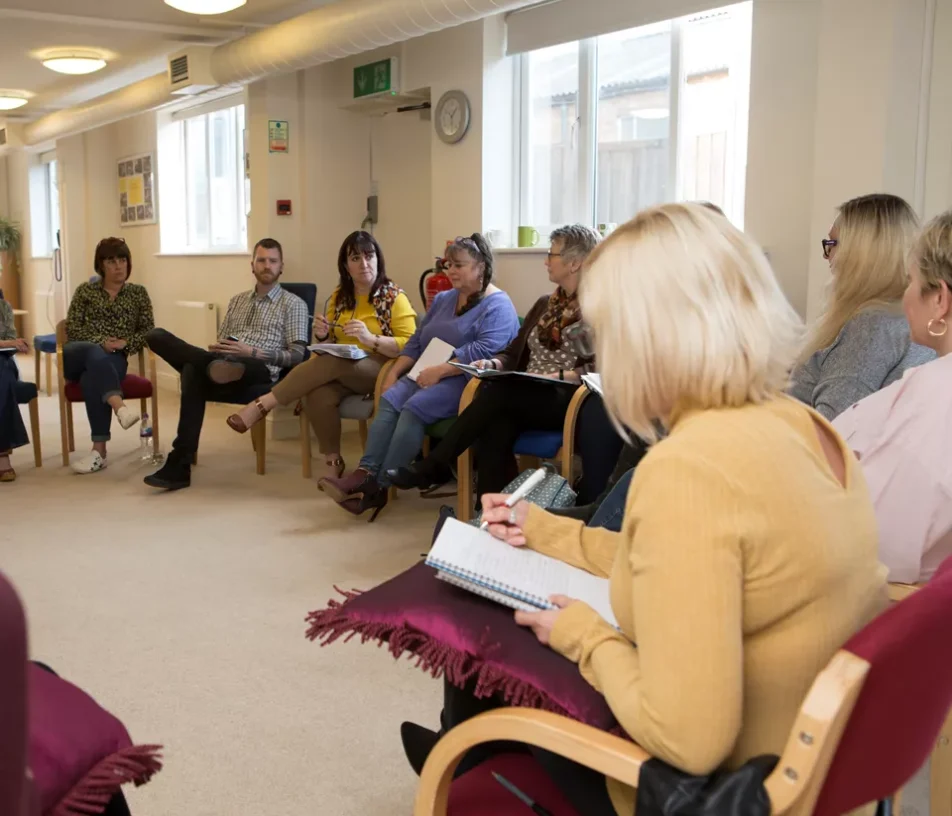
Fostering Children with Disabilities
Fostering a child with disabilities means offering specialist care, nurture and support to a child who needs it most, and the impact you can have on their life is extremely positive.
There are many children in foster care who have a wide range of conditions that impact their ability to engage in everyday activities, look after themselves and thrive. This includes sensory disabilities, learning difficulties and mobility problems.
We’re looking for dedicated individuals who can provide these children with a stable, loving home and help them to manage their physical, emotional or learning disabilities and complex medical conditions.
Not all children with special needs in foster care have experienced neglect or abuse in the past; sometimes, foster parents support birth parents by providing regular respite foster care. Other times, children may be placed in foster care on a permanent basis because their parents aren’t able to meet their complex needs, however, regular contact is maintained.
Fostering Allowance For Children With A Disability
When you join ISP, you’ll receive a weekly special needs fostering allowance when a young person is placed with you.
This fee comprises of two elements:
- A child allowance to cover all expenditure in relation to the child in your care
- A foster parent fee to reward you for undertaking the fostering task
You’ll also receive a holiday and summer activity allowance to encourage enriching life experiences for young people in foster care.
What are complex needs in disability?
Children with physical or learning disabilities sometimes have multiple conditions that overlap, leading to a wide range of issues and complexities that can affect their mental health, physical appearance, behaviour, cognitive ability, communication, emotional development and overall health.
These children need a higher level of care to help them thrive in daily life. Find out more about fostering children with disabilities in our Knowledge hub, which offers expert advice for foster carers, through details guides, resources and videos from our team of specialists.
Do I need to be qualified to care for a child with complex health needs?
You don’t need to have any formal qualifications to foster a child with complex needs, however, experience in caring for somebody with a disability – either professionally or within your family – is beneficial and can fast-track you to fostering a disabled child straight away.
If you have no previous experience, you may start your fostering career looking after children without disabilities or providing respite for families with disabled children as your build up your skills and knowledge. Whichever path you take, every ISP foster parent is given first-class training and support that’s tailored to the child’s needs.
Learn more about caring for children with complex health needs here.
What training is provided for disability foster care?
We understand the challenges that come with fostering a child with learning disabilities or complex medical conditions, so we offer specialist training courses for specific disabilities and health issues, including autism awareness and foetal alcohol syndrome.
Other types of fostering
There are a number of different types of foster care placements, including:
Speak to our team today
Whether you’re looking for more information or you’re ready to apply, we’re here to help you on your journey.
Enquiry Form
The company takes the requirements of GDPR seriously in ensuring the privacy and lawful processing of personal data provided to us by you. Please view our privacy notice which explains how the company will manage and use your personal data. This site is protected by reCAPTCHA and the Google Privacy Policy and Terms of Service apply.


